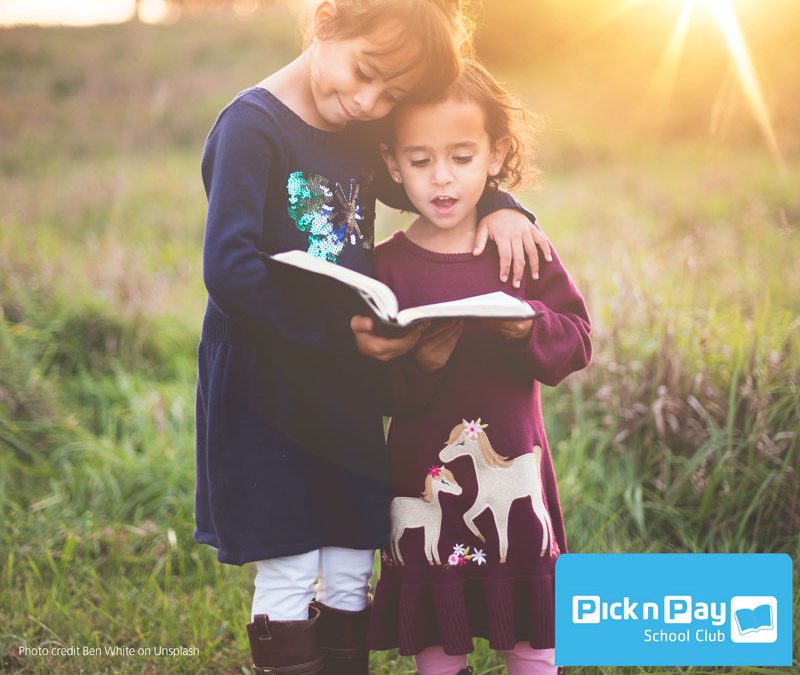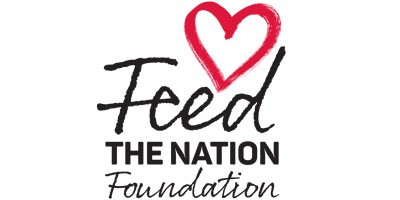“Books are the quietest and most constant of friends; they are the most accessible and wisest of counsellors, and the most patient of teachers.” Charles W. Elio
World Book Day is on the 23rd April and this year it coincides with a time in our history, the Covid-19 pandemic, when millions of people are sheltering at home and have ample time to engage in one of the most beneficial and rewarding of life’s pleasures – reading books. World Book Day is actually a charity funded by booksellers in the UK and Ireland whose aim it is to give every child and young person a book of their own. Their website, worldbookday.com, has a great number of free resources to encourage the reading of stories and books.
So, to the value of books and the ‘printed’ word. Some of the oldest and most precious surviving pieces of literature date back thousands of years to carvings on stone tablets that conveyed sacred information. Compare this to the ease with which we are able to share stories and ideas in our modern age, and we realise what a great privilege it is to have almost instant access to books to read!
Let us consider some of the benefits that can be gained from reading books and explore why reading is so empowering for adults and children alike:
Keeping us informed
Reading educates us on current affairs and enlightens us on the unfolding of history. This enables us to orientate ourselves in our present world, share experiences with others and make informed decisions.
Books expose us to new information, allowing us to explore interests in depth. Every new idea or fact that we read shapes us in a miniscule way. We are able to see things through diverse perspectives and learn from others who have studied topics of interest in depth. It educates us on a vast array of subjects, at our own pace, and helps us understand more and more of the world, and our place in it. Our knowledge base increases as we learn about different people, their behaviour, their cultures, and different places.
This increased foundation of knowledge helps us make better choices. if you read a book on healthy eating, for example, you gain knowledge about healthy and unhealthy foods and this will shape your actions.
Inspiration and motivation
We improve ourselves and are motivated to try things we hadn’t thought of before, as a result of reading books. Reading is self-education, taking us in any direction we please. It can help us prepare for action. Think of reading a travel guide before going on a trip, or referring to a book on gardening as you plant or tend to a garden of your own. Stories help us to learn from the mistakes and the successes of others and keep us humble. For example, reading the life stories of several successful sportspeople inspires us to adopt some of the strategies that they learned through trial and error. We have the benefit of absorbing a lifetime of experience in the space of time it takes to read a book.
Communication and empathy
Our ability to communicate is enhanced as we are exposed to many ways of expressing ourselves with words and as our vocabulary improves.
We are engaged on an emotional level when books stir up feelings of anger, pleasure, happiness, sadness, longing, betrayal and hope. This stretches us emotionally. It teaches us to identify and experience different feeling states, and develop empathy as we connect with various characters and their reality. According to Jones (2018), “the better we understand the events in a narrative, the better we are able to understand the actions and intentions of those around us.”
Brain benefits
Reading stimulates and develops the brain. It improves focus and concentration, especially in children, as the brain is trained to keep its attention on the page, which is so different from the flitting about we are accustomed to doing on our electronic devices. It also develops and enhances working memory. There are many things to remember when reading a book – the names of the characters, their roles in the book, the sequence of events, the relationships between characters and so on. Exercising memory in this way makes us more attentive to other aspects of life and helps us recall real-life happenings better, as well. Critical and analytical thinking are sharpened as our brains make sense of what we read and as we hold multiple perspectives in mind (Trombetta, 2017; Jones, 2018).
Self-discovery
Reading enriches the soul, not merely the intellect. It helps us discover ourselves. As we connect with the energy and content of our reading, we place ourselves in dozens of situations and develop our own virtual reactions to the events about which we are reading. We identify with some characters and despise others. We learn about what we like and dislike and the thoughts that resonate with us and those that don’t.
Imagination and creativity
The imagination is stoked, sparking creativity as we read books that transport us to other worlds and other possibilities where the rules of reality may be suspended for a while. Some stories are fantasy and yet believable too. Think of tales of witches and wizards and fairies and animals which can speak, and you get the idea. Hours of imaginative play by children can stem from hearing even just a chapter of a stimulating book.
Stress Reduction
Reading books helps to reduce stress and certain genres of books improve the quality of sleep. Reading lowers your heart rate and reduces tension in your muscles within as little as six minutes of sustained attention, according to a 2009 study at the University of Sussex. Dr David Lewis comments, “This is more than merely a distraction, but an active engaging of the imagination as the words on the printed page stimulate your creativity and cause you to enter what is essentially an altered state of consciousness” (Papachristos, 2018).
Finding your niche
Sources of reading material are widely available and can be rather overwhelming. A good place to start, is to find out what the people you admire are reading. Barack Obama, for example, publicises his reading lists as do many other public figures. Otherwise, identify the genre you enjoy. It may be drama or science fiction, self-help, creative arts and crafts or current affairs. Then refer to the many reading lists and book reviews available based on popularity. A great resource for children is https://www.booktrust.org.uk/books-and-reading/our-recommendations/100-best-books/ and for adults is https://www.booksoftitans.com/books/2020-reading-list/ .
References
Jones, J. (2018). How Reading Increases Your Emotional Intelligence & Brain Function: The Findings of Recent Scientific Studies. Open Culture. Retrieved 10 April 2020, from http://www.openculture.com/2018/01/how-reading-increases-your-emotional-intelligence-brain-function.html.
Papachristos, A. (2018). Reading For 6 Minutes Each Day Can Reduce Stress By 68 Percent, Study Says. A Plus. Retrieved 10 April 2020, from https://articles.aplus.com/a/reading-6-minutes-each-day-reduce-stress-68-percent?no_monetization=true.
Trombetta, S. (2017). 5 Astonishing Ways Reading Changes Your Brain. Bustle. Retrieved 10 April 2020, from https://www.bustle.com/p/what-does-reading-do-to-your-brain-these-5-effects-are-pretty-astounding-74676.



















